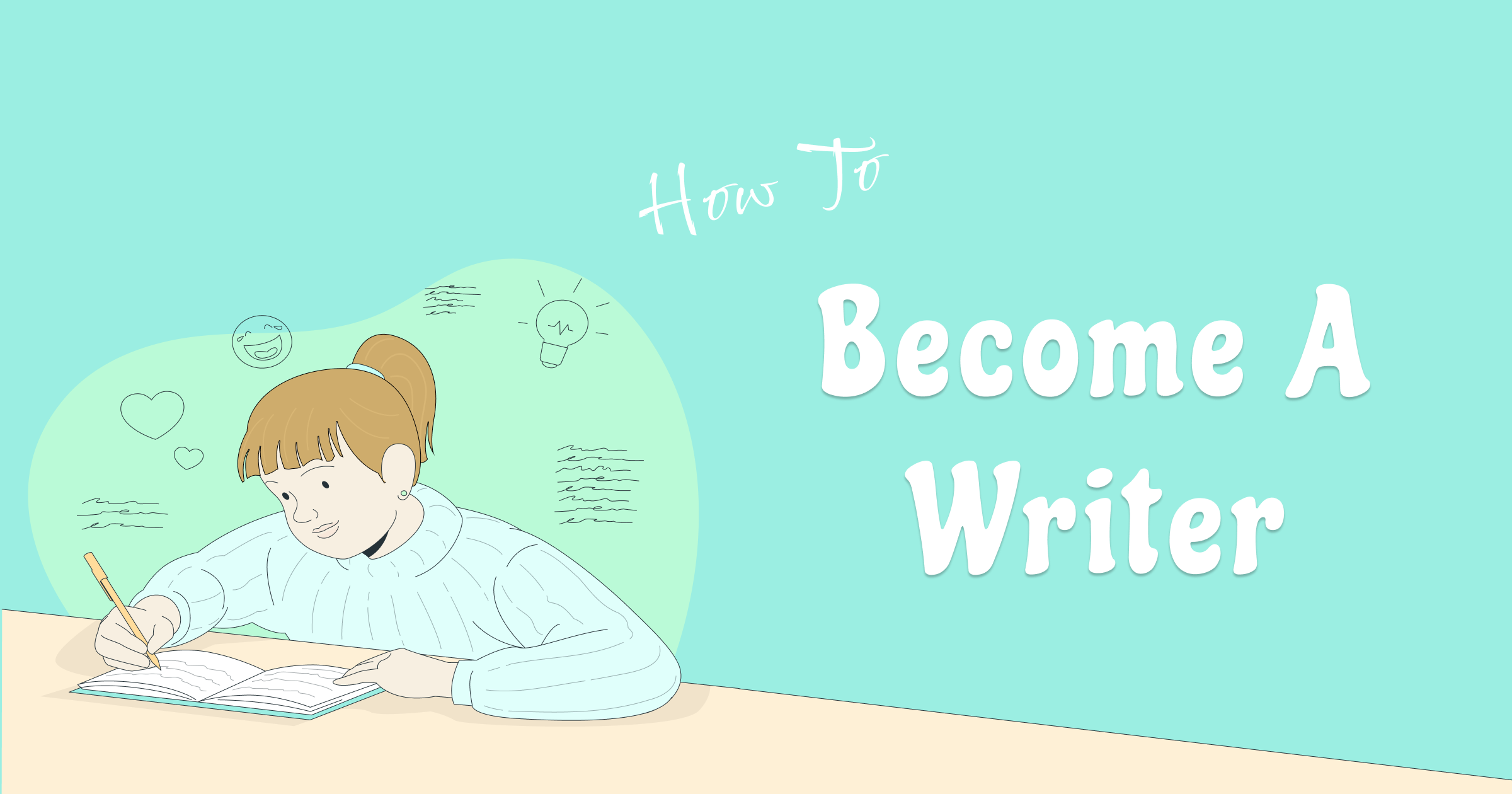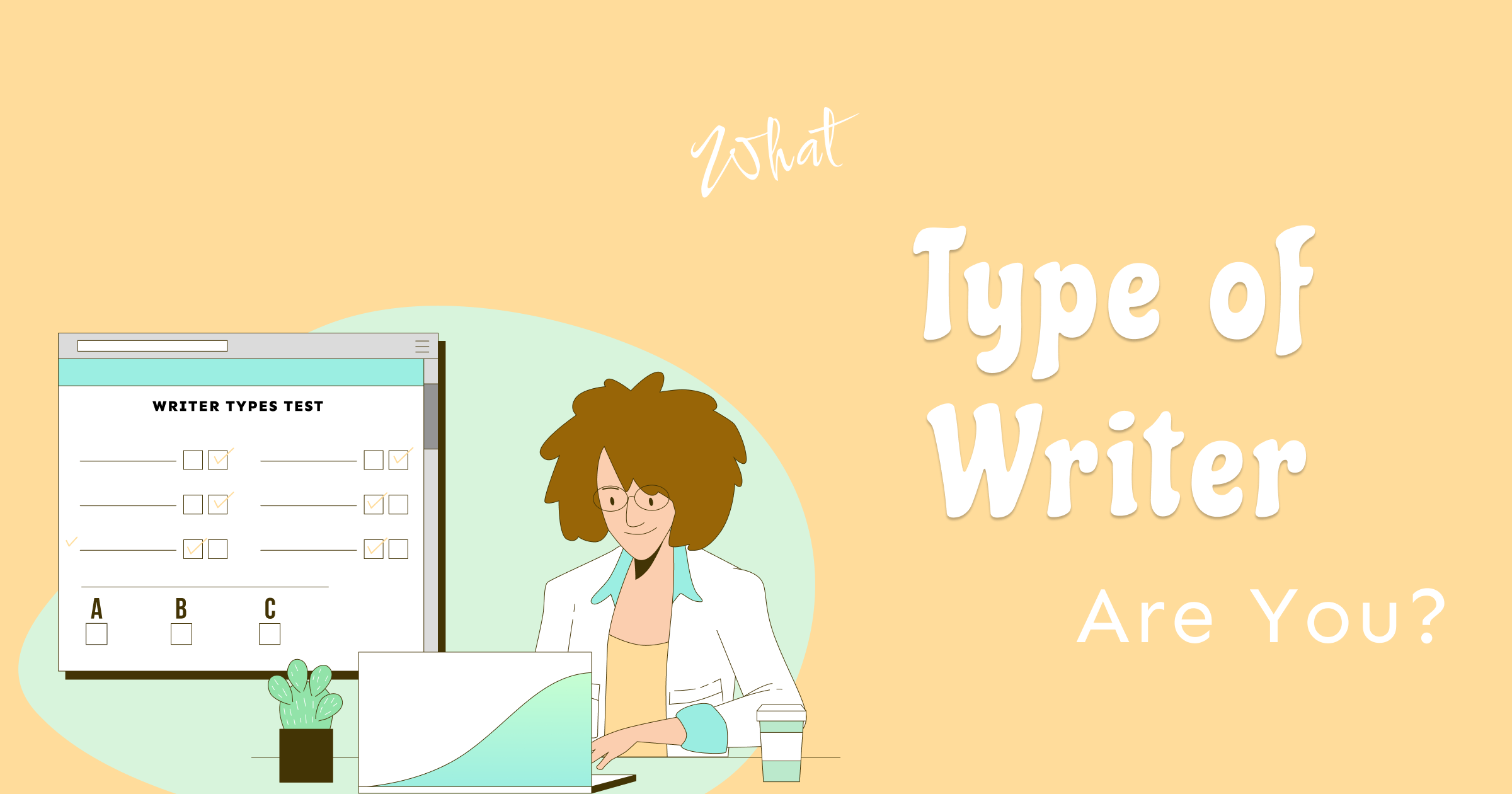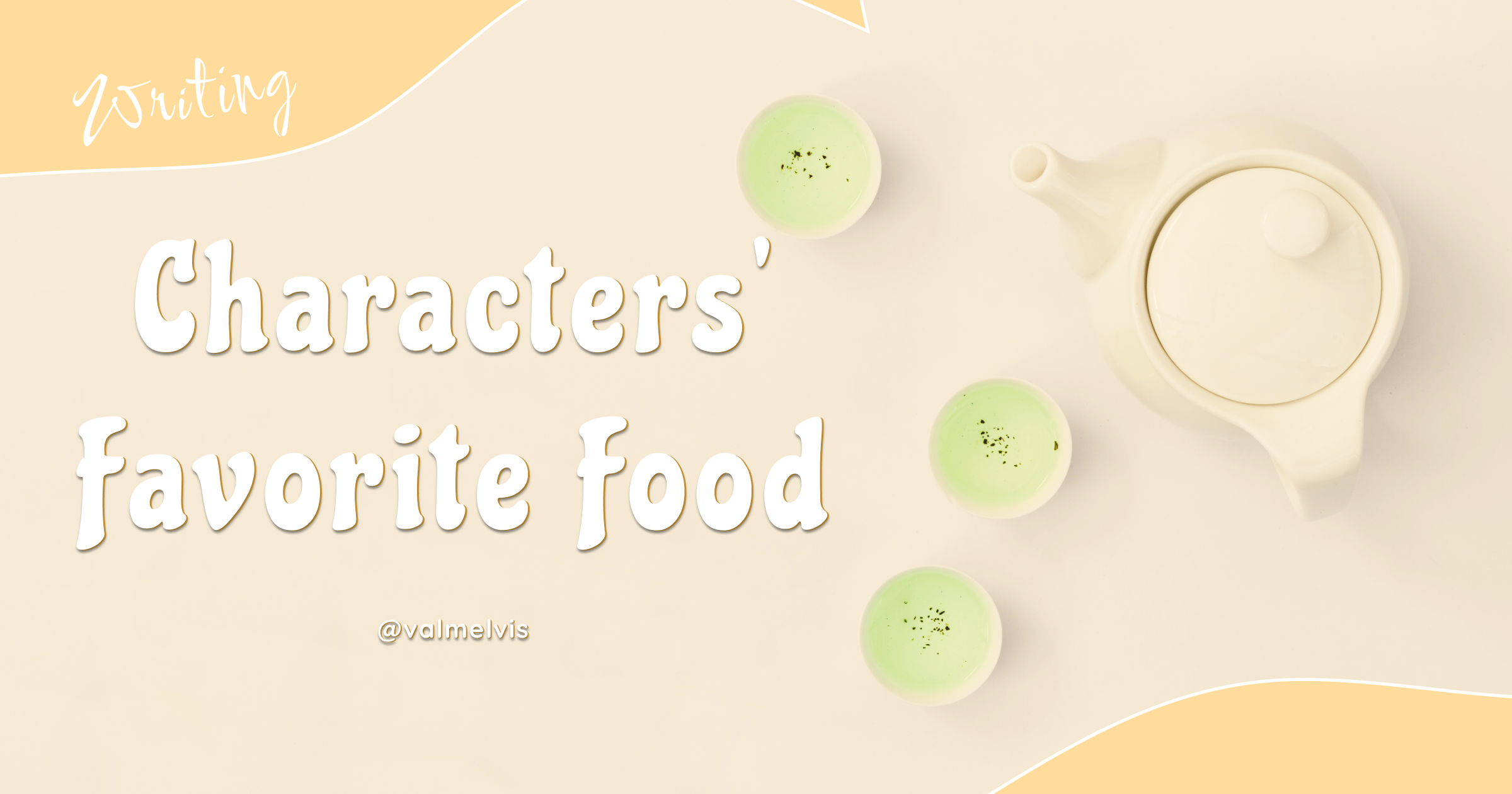Starting something new is rarely easy, but often change is necessary.
When I started my writing, I was still in middle school, eagerly reading anything I could get my hands on and spending way too much pocket money while doing so. Back then I had a lot of ideas and not a lot of knowledge of how I could turn those ideas into an actual story, so I am writing this post in part to my 12-year-old self as well.
So, here are 10 practical steps on how to become a writer:
Know Why You Want To Become A Writer
It is important to know the reason why you want to become a writer.
Humans have the ability to pass on generations worth of knowledge through the use of a simple pen and paper, so I think it is important that we honour that and use it for the good of others.
My reason was that I want to bring Glory to God through the gift of writing that He has given me. I want to share His goodness and love with a wide reader audience and strengthen young people of faith in their walk.
This is why even when I can hear the whispers of not being good enough or the start of imposter syndrome creeping in, I can weather the storm and stand firm.
Is it always easy? No.
Is it something I will always continue despite that? Yes.
Have A Plan
Now that we know why you want to become a writer, let’s move on to how you can become a writer.
I knew I wanted to tell stories that bring people closer to Christ, but how was I going to do that? Well, I checked the following points first:
⚔️Find a genre (or several) you like
Fantasy, romance, comedy, historical, mystery… there are so many genres out there that are waiting to be written! There is also nothing against writing multiple ones such as romcoms, romantasy or historical thrillers.
📋Find out what form of writing you want to do
Whether short stories, flash fiction, poetry, novels, or blog articles, there is a medium for every writer.
🖇️Start planning a project
Now that you have an idea what genre and form of writing you want to do, it’s time to start planning a project. This can start with a simple idea written in your notebook or a detailed outline.
📊Get into research
Honestly, this is my favourite part of starting a new project. Once I have an idea what I want to write I start doing 1-2 months of research to make sure I have most of what I need to get started. But that is because I am more of a planster and don’t enjoy fixing details in 2nd or 3rd drafts.
Find out what type of writer you are
Even though I am an early riser, I can’t write creatively unless it’s evening. Blog articles and non-fiction are just fine but anything creative for my novels has to wait until the moon comes out and my family retires.
As a working wife, it’s sometimes hard to balance the daily tasks I have with writing, so it’s important to make time for it. One big thing that helped me become a writer was finding out what type of writer I was.
If you want to find out what type of writer you are, read this article.
📃Planner, Panster, Planster?
Now I have a mega-detailed article here for you if you want to find out what type of writer you are.
Planners tend to plan everything ahead of time and don’t put pen to paper until they have at least a solid outline.
Pansters like to write as the ideas pop into their head. Don’t know where your project is going? Don’t worry you can still write an awesome story and avoid plotholes.
Plansters are the Hannah Montana of writing, which means they have the best of both worlds. A little bit of planning, a little bit of creative freedom and BAAM a novel.
🌅Other types of writers
Here is a list of more writer types one can fall under:
- Seasonal (summer/winter)
- Morning VS Evening
- Indoor VS Outdoor
- At home VS cafe
Invest In An Ergonomic Writing Space
When you spent 8+ hours in a chair a day your body gets stiff and the achy aches are not far off. To avoid that, it’s good to invest in an ergonomic and comfortable writing space sooner rather than later.
Which is easier said than done. Financial constraints, limited space or simply not having the option to get new furniture could get in the way.
If you can, my suggestion is to get a standup desk, a well-padded chair and a monitor that you can use at eye level. Using the right height for your keyboard and mouse not to get a cramp is also important.
If that is not an option for you right now, try to sit at a 90-degree angle (hello, fellow knee-huggers) and get up every hour to stretch for 5 minutes.
Make Time For Rest
Leading into this, make sure to get up and walk around (if possible outside of your writing space) every 55 minutes. This helps your muscles get some movement and helps “reset” so that you can get back into writing feeling a bit more refreshed.
Additionally, make sure to get out at least once a day and try to get an hour of sunshine too. A healthy body and a healthy mind are often connected to each other. And while I am no doctor, getting proper sleep, eating healthy and staying hydrated is important too.
Find The Right Writing Software
A writing software at the end of the day is a tool, but whether you are mining with diamond- or iron pickaxes will have a great influence on the type of treasure you can unearth (minecraft reference, sorry).
For me, I prefer having all my character sheets, scene cards and manuscript in one place, which is why I prefer apps like Notion. Despite it not being an actual writing app, I find it great to keep oversight over all my plots and plans while being ✨aesthetic✨ and free of charge and in this economy I am not complaining about free stuff.
There are some other free word processors such as Microsoft Word or Google Docs, but be aware of their user policies and how they could potentially use your work to train AI. If that doesn’t bother you, they are accessible from various devices, make collaboration easy and have been in the writing game for a long time.
On the other hand, there are paid word processors and writing software like Scrivener or Novelpad, which obviously have tons more features like scene cards, character and plot trackers and project word trackers.
Now how cool would it be to have a free writing software with all the benefits of the paid ones… (This is foreshadowing, I have something in the works)
Of course, if you are starting out and don’t have electronics you can always opt for pen and paper to start becoming a writer.
Attend Free Writing Classes
While talent gives you a running start, it is important to foster the talent we have been given by actively trying to improve it. But How?
One way would be to read works of authors we look up to and enjoy. By learning what about their works we enjoy we might be able to distinguish by our own writing what is good prose or not.
Another would be to be actively taught how to improve our writing, usually by another writer.
There are many writing courses out there, most are paid though. For a writer starting out, this seems like a waste of money. This is why I suggest starting with free content available on sites like Youtube or Instagram where many authors come together to share their knowledge of the writing craft.
Don’t get me wrong, I think writing courses are an excellent way to learn how to write better, but it might not be viable for everyone starting to become a writer, which is why I am working on a free starter course at the moment.
Connect With Other Writers
Though writing is usually done alone, the need for human companionship is present even here. I would suggest aiming for writers that are in a similar genre as you. Here are some ways to follow:
👥Find a writing buddy
You can find them online on pages related to your niche and genre. You can have a writing buddy from a different genre, but it helps if they are already familiar with common tropes and themes in your chosen genre.
👨👩👦👦Join a writing group
Similar to a writing buddy I suggest finding a group that is in your genre. You can find some writer accounts on Instagram and invite them to make your own group.
🥇Compete in contests
Now probably the most gut-clenching one but it is a really awesome way to make some writer friends and improve your craft all at once. Besides, you learn more about your own writing as well.
Be Clear About Your Goals
This is a hard one to get down but it is important. Similar to how you figured out your why for writing, it is now time to picture where you are going.
Of course, it would be nice to plan, write, edit and send off a novel in like 2 months’ time but is it realistic? NOPE.
This is why it is important to have S.M.A.R.T. goals. The acronym stands for the words “specific,” “measurable,” “achievable,” “relevant” and “time-bound,”
An example of a smart writing goal would be:
I want to write a short story about a futuristic sci-fi city of about 1000 words by the 31st of this month.
With such a writing goal in mind, you know that achieving it will be a lot easier than setting the goal of writing 10k words in the next week and most likely failing. This can result in demotivation and can hinder your writing journey.
Remember as writers, done is better than perfect.
Don’t Just Talk About Writing, Write
This reminder is in here for me too.
If you are just starting out as a writer you might be surprised at how motivation can fluctuate. It’s easy the think about the plot twists and characters and scenes and get really hyped up but when it is actually time to write do we glue our peaches to the chair and write? Doubtful.
The mind of a writer is a complicated maze that even we don’t know how to fully navigate but for all of our love of writing, we don’t practically do it a lot.
This is why it’s important to come up with a solid writing routine that you can personally stick to and make your writing more than just a hobby.
And it looks like you reached the end of this blog post, good job! Now you are even closer to becoming a writer.


